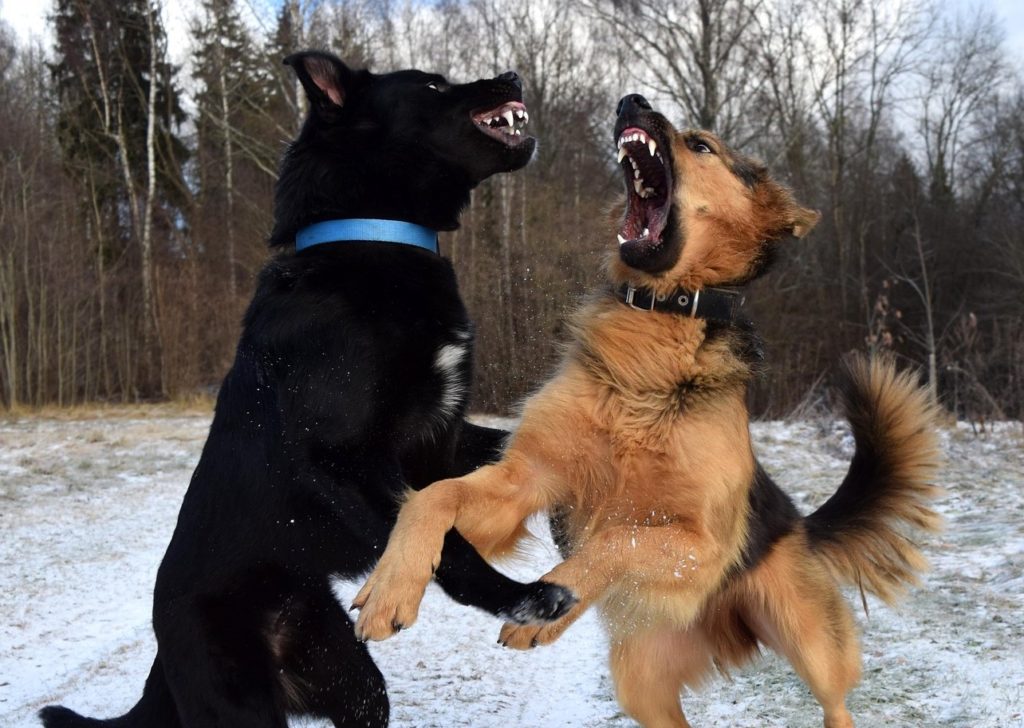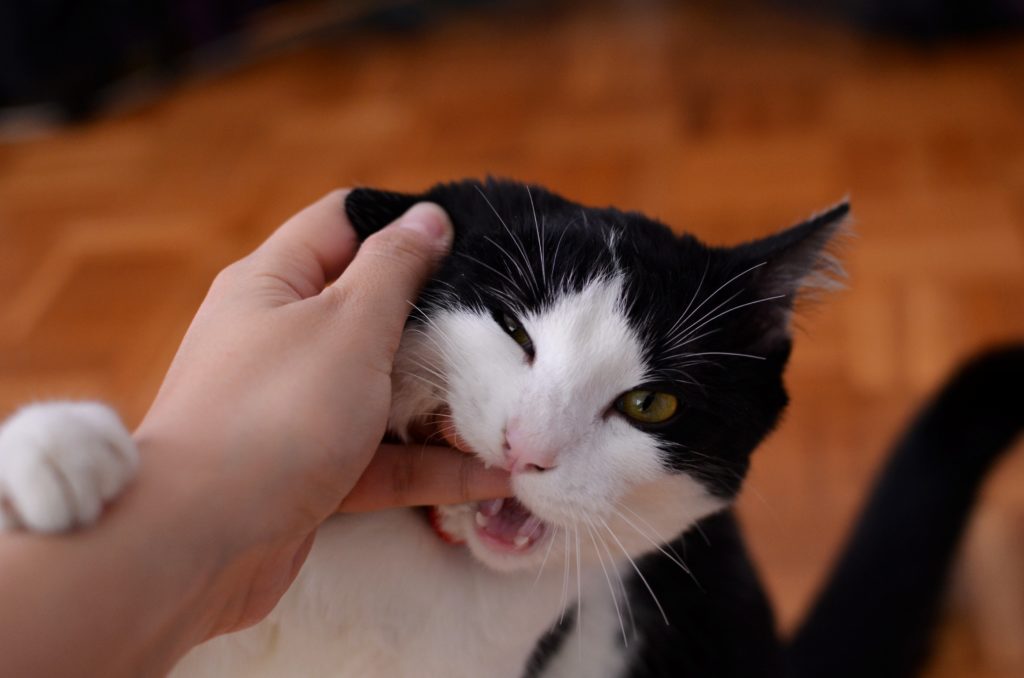Dog and cat behaviour problems can be challenging and cause much frustration and distress for pet guardians. No matter your concerns, we are here to listen with genuine compassion, judgement-free support and help you and your pet with proven science-backed solutions.
Dog guardians (owners) come to us for help with:

- Storm and Noise Phobia and Panic
- Separation related distress, escaping and destructive behaviour
- Excessive vocalisation/ barking/ Noise complaints
- Aggression or “reactivity” towards people, animals and vehicles / pulling on leash
- Housetraining/inappropriate marking
- Tail chasing, fence running, repetitive licking and other obsessive disorders
- Hyperactivity and hyper-reactivity
- In puppies and young dogs: early onset behavioural concerns, most commonly fearful behaviour, separation anxiety, poor socialisation, aggression
- Cognitive dysfunction in seniors (“doggy dementia”)
- Chronic pain and pain related aggression
- Problem behaviours:
- Digging,
- Jumping, scratching, bolting or barking at the door,
- Excessive barking and patrolling behaviours
- Mouthing, grabbing and biting
- Resource guarding
Cat guardians (owners) come to us for help with:

- Housetraining and marking / urine spraying disorders
- Aggression disorders:
- Fear aggression (commonly displayed at the veterinary clinic)
- Inter-cat, redirected and territorial aggression (cats fighting; aggression towards humans)
- Play aggression (rough play)
- Pain related aggression
- Fear/ fearful behaviour
- Obsessive compulsive disorders/ over grooming/ feline hyperaesthesia syndrome
- In kittens and young cats, we can help with early onset behavioural concerns: most commonly fearful behaviour and play aggression.
- Chronic pain
- Excessive vocalisation/ yowling/ meowing/ pacing
- Cognitive dysfunction in senior cats
“Behaviour veterinarians are trained to observe the behaviour and body language of animals, combined with an extensive knowledge of hidden disease, to determine whether the animal’s reactions to a situation are normal/ appropriate, or a cry for help.”
Unlocking your pet’s potential: your guide to a Synergy Veterinary Behaviour consultation.
What can you expect during a Synergy Vet behavioural consultation? Compassion, knowledge, great communication and a passionate veterinarian who truly *sees* the whole picture. For serious issues like severe fears, phobias, or aggressive behaviours that pose safety risks, a consultation with a behaviour vet can help you get quicker results and check if any medical … Read more
Behaviour packages
We understand that behaviour is very much about what we consistently do, so we offer behavioural packages to suit our clients’ needs. These packages fast-track your results and make it easier to keep on the best path for you and your pet. Please note that an initial behaviour consultation is charged at full price, so … Read more
FAQs: what you need to know about behaviour vets.
We understand that navigating the world of animal behaviour can be daunting, so we’ve put together this list of frequently asked questions (FAQs) about behaviour veterinarians and what they do. Our goal is to provide you with clear, supportive information to help you and your furry friends lead happier, healthier lives. How is a behaviour … Read more
